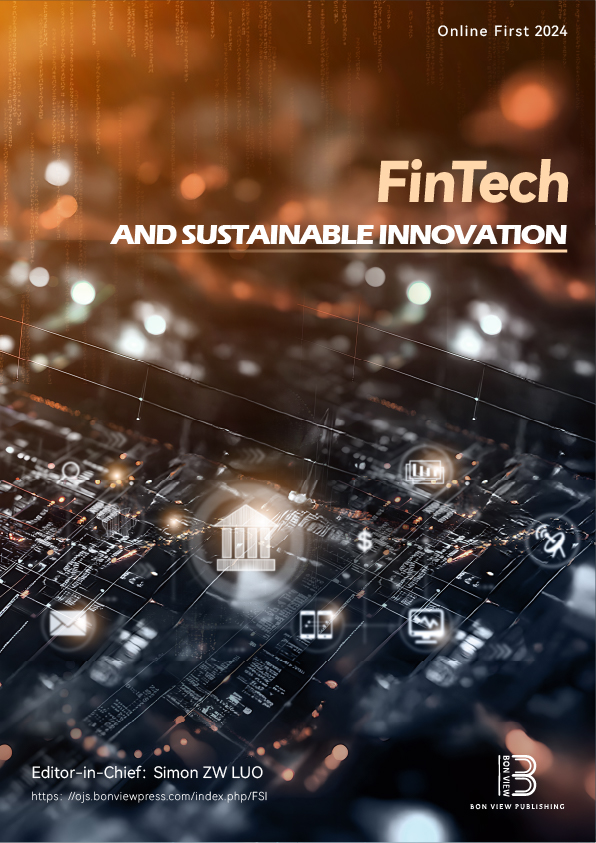Credit Card Fraud Detection Through Deep Learning and Real-Time Data Streams: A Comparison and New Directions
DOI:
https://doi.org/10.47852/bonviewFSI52026108Keywords:
clustering algorithms, data streams, pattern recognition, time series analysis, deep learning, fraud detectionAbstract
Credit card fraud detection has become a critical concern for financial institutions as the volume of digital transactions grows rapidly. This paper presents a comparative study of two advanced methodologies – deep learning and real-time data stream analysis – applied to credit card fraud detection. Deep learning models, particularly Long Short-Term Memory networks, demonstrated high accuracy (up to 92%) in predicting customer behaviors and contributing to the detection of fraudulent transactions. However, they require large amounts of historical data and may not be ideal for real-time detection. In contrast, real-time data stream analysis, powered by innovative techniques like the patented BEReTiC system, provides immediate fraud detection but with lower initial accuracy. This paper explores the trade-offs between these approaches, highlighting the strengths of deep learning in pattern recognition and the adaptability of real-time data mining in dynamic financial environments. We evaluate both techniques on real-world data, measuring accuracy, false positives, and adaptability to novel fraud patterns. Results indicate that while deep learning offers high accuracy, BEReTiC enables faster detection with fewer false alarms and enhanced responsiveness. The findings suggest that a hybrid model integrating both techniques may offer a more effective solution for tackling the complexities of credit card fraud in real time, since it would combine the predictive power of deep models with the agility of real-time analytics, opening new directions in fraud prevention for high-velocity financial environments.
Received: 7 May 2025 | Revised: 22 July 2025 | Accepted: 11 August 2025
Conflicts of Interest
The author declares that he has no conflicts of interest to this work.
Data Availability Statement
Data are not publicly available as they were provided to the author under a non-disclosure agreement for the purposes of this study.
Author Contribution Statement
Elias Polytarchos: Conceptualization, Methodology, Software, Validation, Formal analysis, Investigation, Resources, Data curation, Writing – original draft, Writing – review & editing, Visualization, Supervision, Project administration.
Downloads
Published
Issue
Section
License
Copyright (c) 2025 Author

This work is licensed under a Creative Commons Attribution 4.0 International License.


